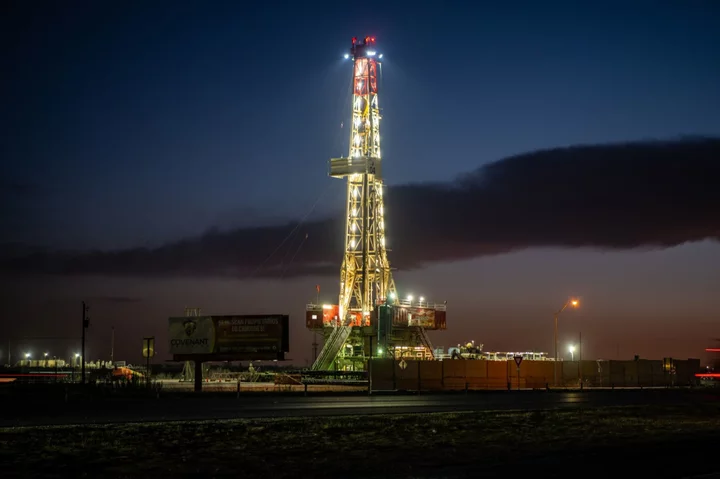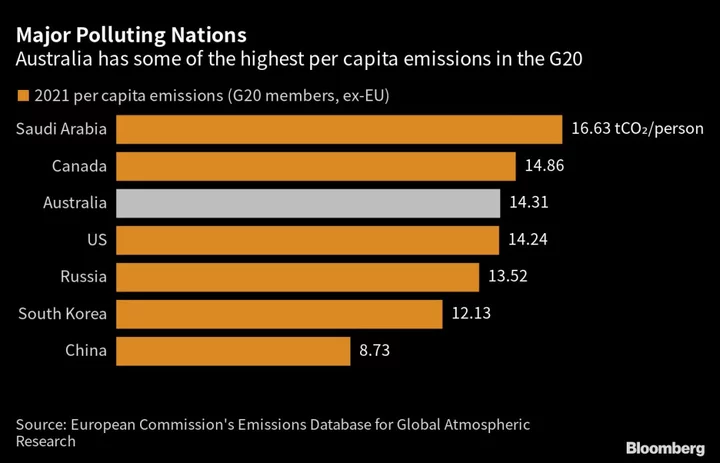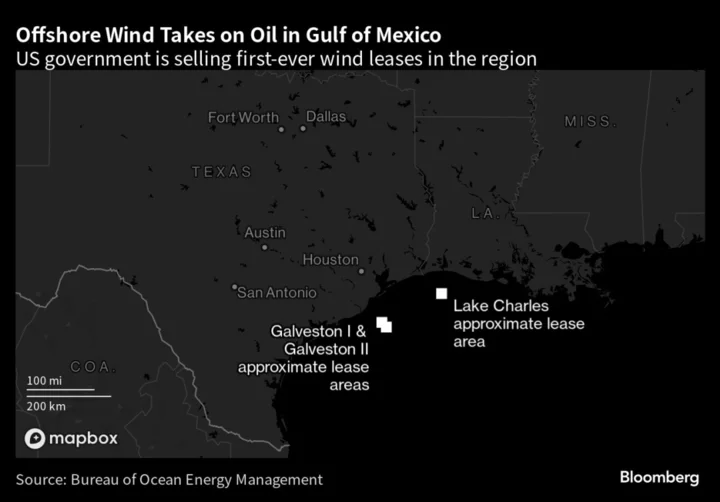Insurers are continuing to provide cover for increased oil and gas production even as they face large losses fueled by climate change, according to a new report.
About 80% of the insurance market and 53% of the reinsurance market don’t have restriction policies for oil and gas, a major source of planet-warming emissions, according to data compiled by Insure Our Future. The industry is doing better on coal, where a wider adoption of restrictions has made it much harder to insure new projects, the nonprofit said.
Insurance companies are in the crosshairs of the climate crisis. Losses fueled by climate change now regularly exceed $100 billion a year. Premiums have increased and yields in the $40 billion market for catastrophe bonds have soared. Some insurers are fleeing Florida, California and other markets citing the growing risk of floods, fires and other natural disasters.
“Insurance companies are now abandoning customers affected by climate risks, yet they continue to fuel the climate crisis by underwriting and investing in the expansion of fossil fuels,” Peter Bosshard, the campaign’s global coordinator, said in a statement.
Read More: Ravaged Florida Town Becomes Magnet for Risk-Taking Homebuyers
Regulators want the industry to do more. Under the European Union’s draft Solvency II rules, insurers will need to publish transition plans with quantifiable targets and processes for reaching net zero by 2050, according to the campaign. In the US, the Senate Budget committee has launched an investigation into how the industry evaluates climate risks and has pressed insurers to disclose business interests tied to fossil fuels.
“Insurers have demonstrated that they can accelerate the shift away from fossil fuels through their coal exit policies,” the Insure Our Future report said. “They urgently need to adopt similar policies for oil and gas.”









